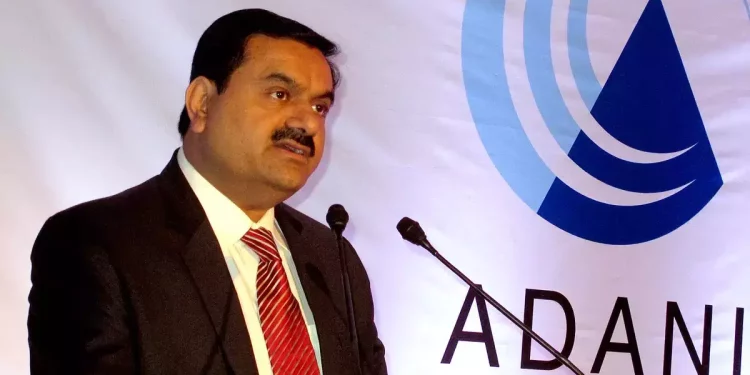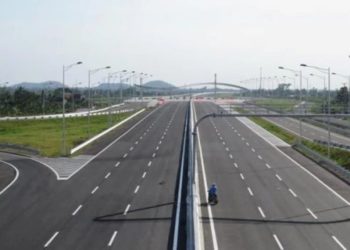The High Court of Kenya has suspended the implementation of a KES 95.68 billion energy infrastructure deal between the Kenya Electricity Transmission Company (KETRACO) and Adani Energy Solutions Limited. This comes after the Law Society of Kenya (LSK) filed a petition, challenging the project on constitutional grounds.
The agreement, which spans 30 years, involves the development of major transmission lines and substations, a vital part of Kenya’s energy infrastructure expansion. However, the LSK claims the agreement is riddled with secrecy, accusing KETRACO and Adani of breaching constitutional principles of transparency and public participation. The petitioner labeled the agreement as “a constitutional sham,” stating it is “tainted with secrecy and is short of the principles of integrity, transparency, openness, and accountability.”
The LSK further argued that the project violated the Public Private Partnerships Act, citing a failure to engage the public meaningfully in the decision-making process. The petition suggests that no proper due diligence was conducted, raising questions about the legitimacy of the deal and its long-term implications for Kenya’s strategic infrastructure.
In a ruling delivered on 25 October 2024, Justice Bahati Mwamuye issued conservatory orders suspending the project’s implementation, pending further deliberations. The judge acknowledged the petitioner’s concerns and stated that the LSK had met the legal threshold for granting the orders ex parte. “It is necessary to preserve the substratum of the petition in the interim and prevent it from being rendered nugatory,” said Mwamuye.
The ruling also prohibits KETRACO, Adani Energy, and other involved parties from entering into any new agreements or extending existing ones related to the development of electrical power infrastructure. The judge emphasized that the respondents must refrain from any activities that could affect the project’s legal standing until the matter is fully heard.
The court has set key dates for the case’s progression. The respondents, including the Ministry of Energy and the State Law Office, are expected to file their responses by 1 November 2024, while the petitioner will have the opportunity to file a rejoinder by 8 November 2024. A hearing is scheduled for 11 November 2024, where the court will review the case in detail and decide on the project’s future.


















